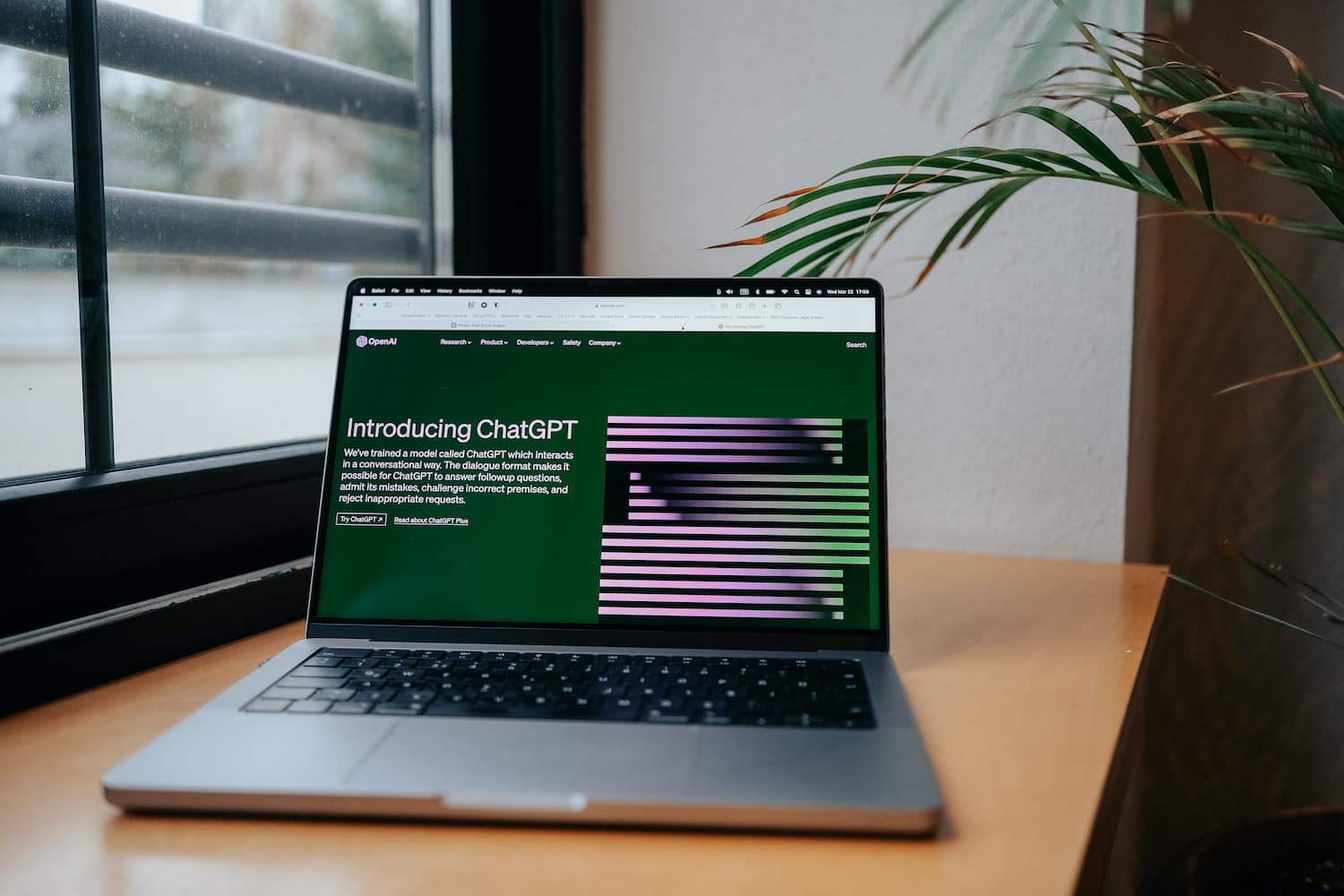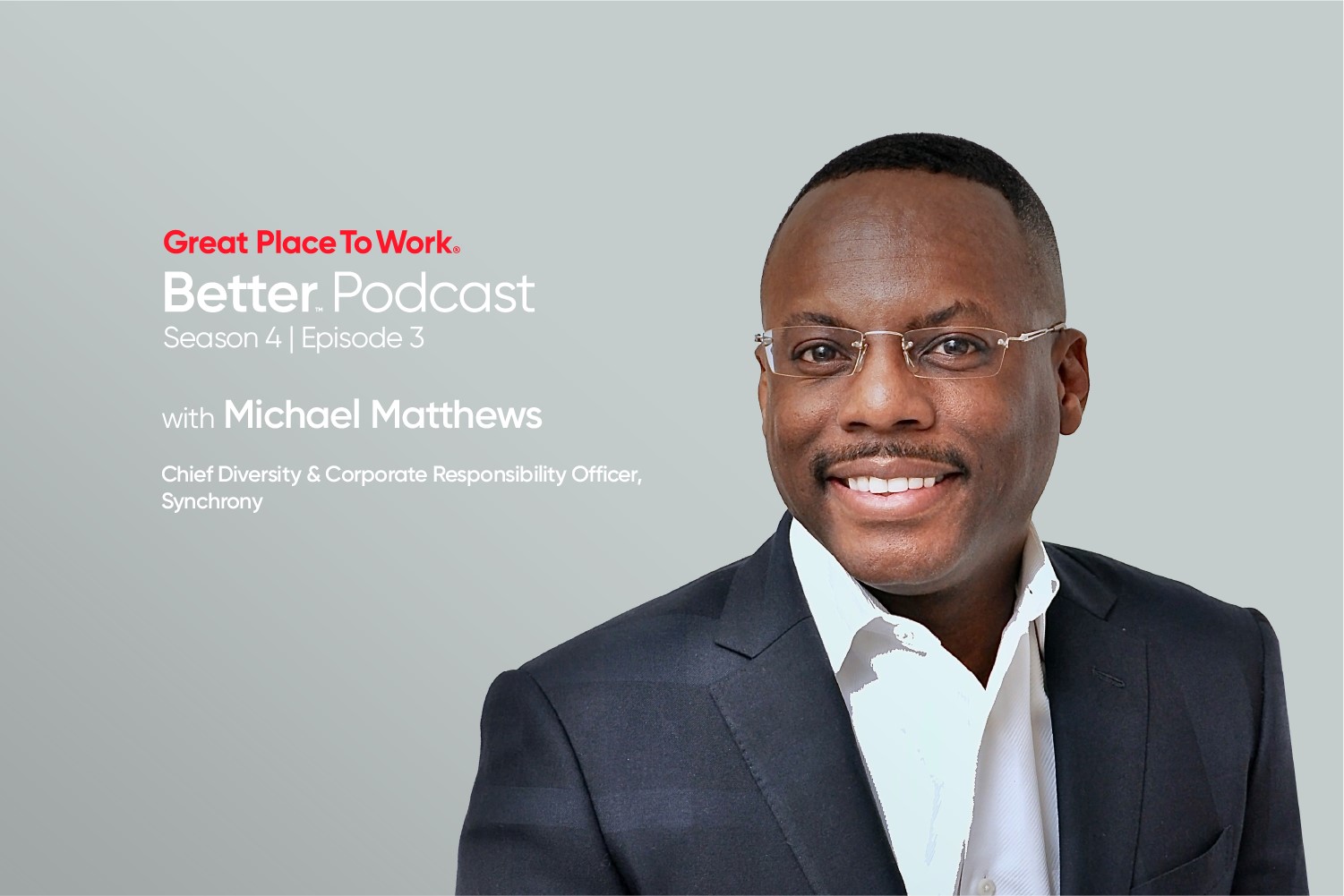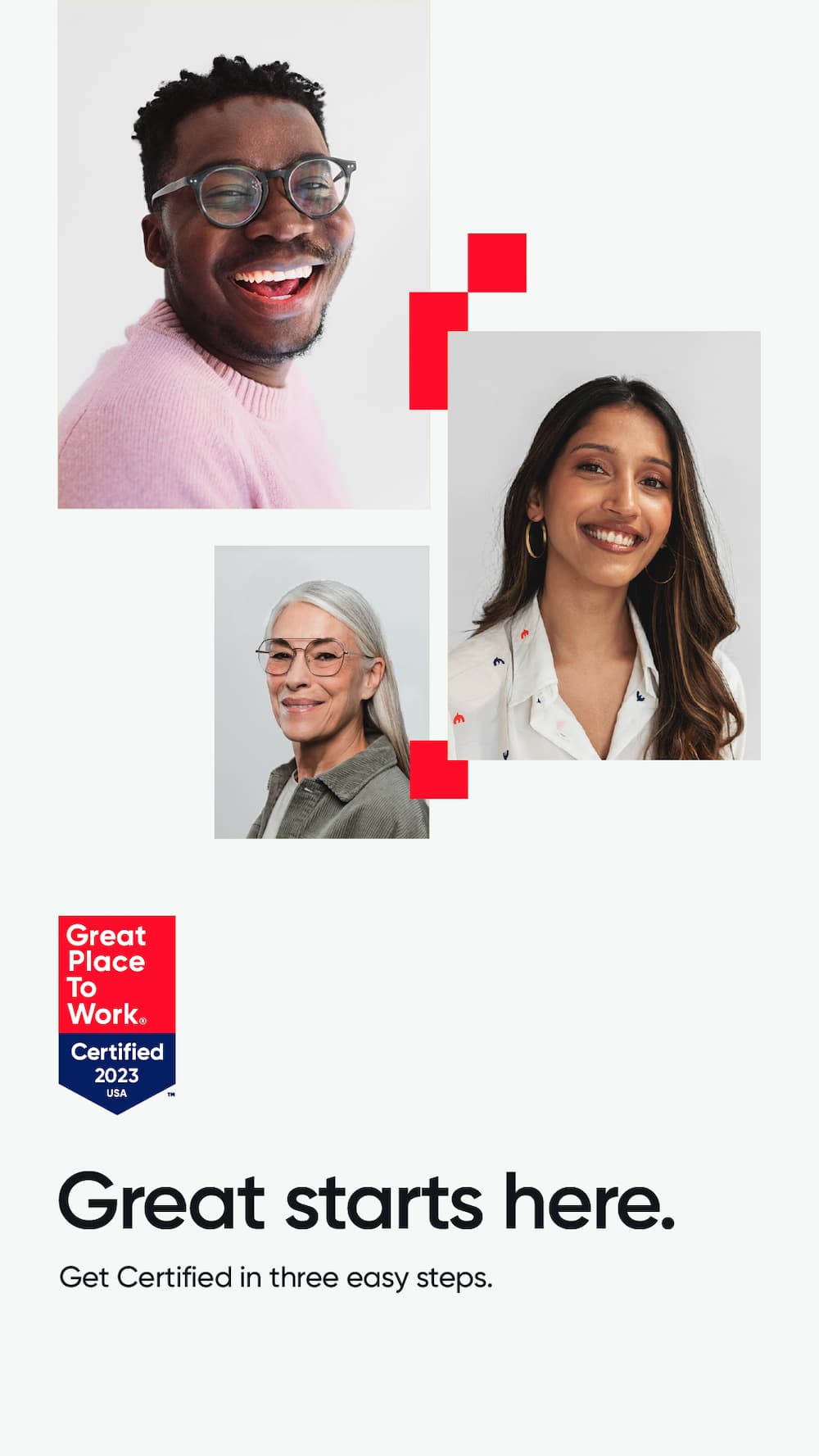High-trust leadership, Leadership & Management
It was the threat from 700 of the company’s 770 employees to quit that brought ousted CEO Sam Altman back.
OpenAI, the creator of ChatGPT and Dall-E, has leapt to the front of the generative AI wave crashing into workplaces and companies around the world.
Companies like Microsoft have made big bets on the start-up, and ChatGPT has become the fastest growing consumer product in history with 100 million active users in just two months. So, when the non-profit’s board suddenly fired CEO Sam Altman, the news shook the industry.
Why the company would try to remove an executive that oversaw such historic growth has much to do with the company’s unusual corporate structure and stated mission to build artificial intelligence outside the usual tech ecosystem.
Attend our annual company culture conference May 7-9, 2024
The palace intrigue of who wanted to remove Altman and why offers few lessons for business leaders trying to navigate the disruption generative AI promises to unleash. Instead, the episode draws a clear picture of the role workplace trust has on the success or failure of a robot-assisted workplace.
Start with trust
As AI disrupts workplace norms, trust will come at a premium. Companies will only succeed in developing new technologies with AI if they can build trust with important stakeholders.
“We believe that companies and people are going to think about who they trust,” shares Michael C. Bush, CEO of Great Place To Work®. Speaking with other leaders at a virtual roundtable for Fortune, Bush made the case for trust as the key ingredient in bringing AI successfully into the workplace.
To figure out who to trust, many will look at how employees feel about their company, he says. “One of the considerations: finding companies where the employees trust the companies … not a bad place to start.”
A messy leadership shake-up can undermine that trust, and OpenAI’s board discovered just how those missteps can drive employees to act.
More than 700 of OpenAI’s 770 employees signed a letter demanding that Altman be reinstated as CEO, including board member Ilya Sutskever, who had been part of Altman’s ouster. The employees threatened to join Altman at Microsoft to build AI technology directly for the company that had invested billions in OpenAI.
Such a letter from employees demonstrates how the board lost the trust of the rank-and-file workers at the company. The board eventually brought Altman back, and it’s been remade with new additions like former Treasury Secretary Lawrence Summers.
Now OpenAI will have to try and rebuild trust.
“We’ll look back on this period as a very brief, highly dramatic blip that gave us a public and dramatic reset,” said Aaron Levie, chief executive of Box, to The New York Times. “This needs to be a trustworthy organization that’s aligned with its board, and at the end of it all, OpenAI is a more valuable organization than it was a week ago.”
How to build trust
Great Place To Work has identified three key ingredients in a high-trust workplace culture: credibility, respect, and fairness.
Each of these ingredients is tied to leadership behaviors which can help build trust with employees. “The trend for 2024 is leaders have to up their game,” Bush says.
When OpenAI removed Sam Altman, it violated a core tenet of a high-trust workplace culture: communication and transparency.
The board lost credibility because it didn’t communicate clearly about its decisions. An initial statement that Altman had failed to be “consistently candid in his communications with the board” didn’t satisfy employees.
At the Best Workplaces™, leaders take care to listen to the concerns of employees with surveys and listening groups. More importantly, leaders take action on the issues raised.
“If you don’t do anything, people aren’t going to take the next survey,” Bush says.
Get more insights
Learn more strategies from our workplace culture experts at our For All™ Summit, May 7-9 in New Orleans.












